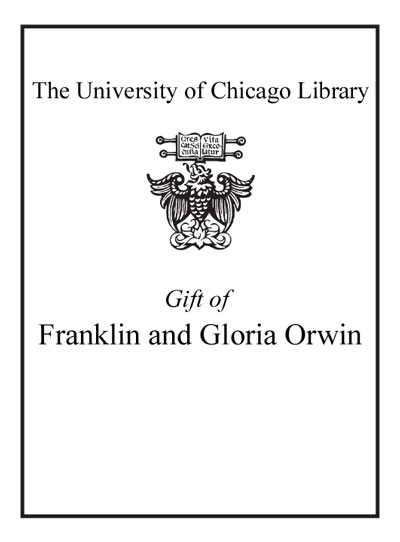Review by Choice Review
Housed in the Hoover Institution Archives, these letters are a family affair: Pasternak (1890-1960) wrote them between 1921 and 1960, to his parents and sisters. In fact the letters feature some of the poet's best expository writing on topics ranging from the mundane to sophisticated aspects of Soviet reality. Pasternak's son and daughter-in-law edited and annotated Pasternak's letters for a superb scholarly 1998 edition in Russian; now Nicolas Slater (the poet's nephew) provides an unsurpassed translation that affords English speakers an intimate glimpse into the Nobel Laureate's psyche, thoughts, and obsessions. Apart from the commonplace, Pasternak comments on a Russian staging of his translation of Ben Jonson's The Alchemist; the rationality and "unique reality" of the revolution and its "links to Peter the Great, Radishchev, the Decembrists"; his help in compiling Lenin's bibliography, which rewarded him with access to the "best journals published in three languages"; his estranged wife's "wordless absence"; his "panic-stricken fantasies," spiritual depression, and regained equilibrium as he coped with inspiration and stagnation in switching from poetry to prose. Add to this superb annotations clarifying cryptic references to Soviet-censored topics and to his political disengagement/allegiance--not mention a generous selection of personal photographs--and one has an invaluable tool for understanding Pasternak's genius. Summing Up: Highly recommended. All readers. D. Hutchins Buena Vista University
Copyright American Library Association, used with permission.
Review by Choice Review

